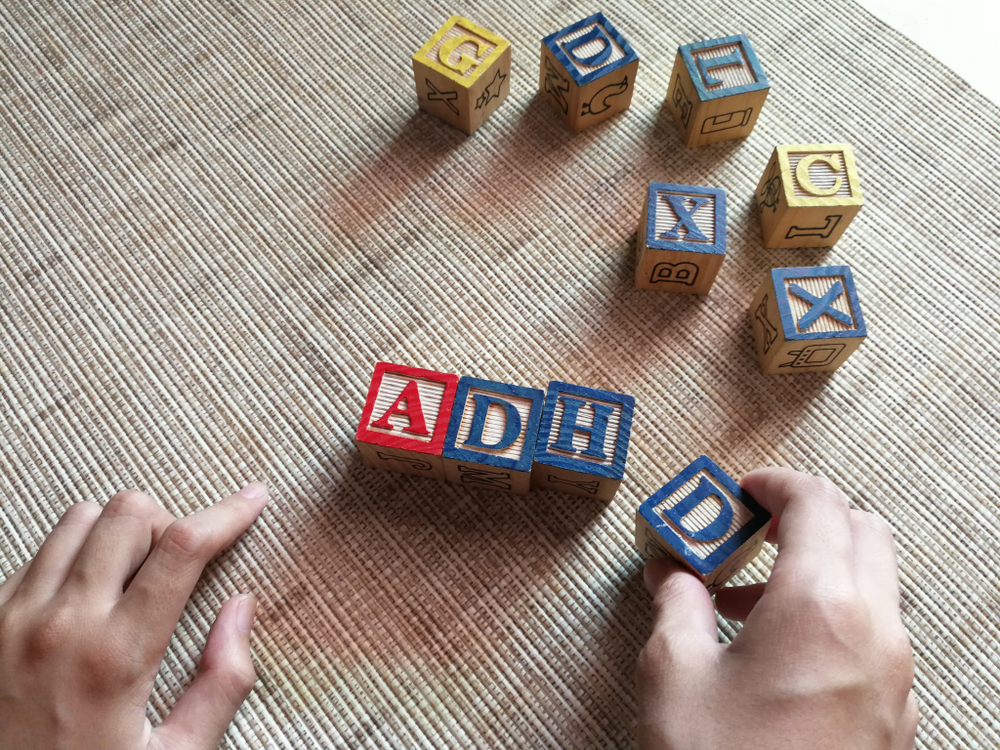
As we’ve covered in previous articles, ADHD can present a number of obstacles or complications in one’s daily life. One particular area of interest is the susceptibility to secondary sleep disorders. Given the hyperactive nature of ADHD, it is not exactly surprising that sleep patterns would be affected.
Studies have shown that 25% to 50% of individuals diagnosed with ADHD also have shown to have an underlying sleep issue.1 In order to have a better quality of life (and get a better night’s sleep) it is vital to understand the synergy between ADHD and common sleep disorders.
How Does ADHD Affect Sleep?
Sleep studies have shown that individuals with ADHD generally have a more difficult time falling and staying asleep.2 In addition, they were also shown to have more frequent sleep disturbances, and are more likely to show signs of common sleep disorders such as:3
Circadian Rhythm Sleep Disorder: A condition in which an individual’s sleep patterns are shifted. The most common example is one who stays up later and wakes up later than normal.
Restless Leg Syndrome: A condition characterized by a constant tingling sensation in the legs, making it more difficult to fall asleep.
Sleep-Disordered Breathing: A collection of breathing-related disorders, such as snoring or sleep apnea. While individuals may not even be aware of these disorders, they can affect their overall quality of sleep.
Narcolepsy: A condition in which individuals will suddenly fall asleep during daytime hours. This can be dangerous in many cases, and will generally cause an overall reduction in one’s quality of life.
How Do Sleep Disorders Affect People With ADHD?
While there is not much evidence regarding the direct effect of sleep disorders on ADHD itself, sleep disorders do present an added layer of complications.4 For example, individuals suffering from insomnia in addition to ADHD may feel even more agitated during the evening, which may, in turn, exacerbate the symptoms of ADHD. This synergy may continue to build upon each other to greatly reduce to quality of one’s sleep, and consequent the quality of one’s physcial and mental health.
Tips for Getting Better Sleep If You Have ADHD
Sleep is essential for our physical health and mental wellbeing. We need 7-8 hours of uninterrupted sleep each night. Lack of sleep can lead to irritability, mood swings and poor concentration.
Here are some tips to help you get better quality sleep:
• Have a regular bedtime routine. Try to go to bed at the same time every night. Avoid watching TV or using computers before bedtime.
• Keep your bedroom cool and dark. A room temperature between 60-65 degrees Fahrenheit is ideal.
• Make sure you don’t eat too late. Eat a light meal 2-3 hours before bedtime. Avoid eating heavy meals after 8pm.
• Exercise regularly. Aim for 30 minutes of exercise 5 days per week.
• Aim for 7-9 hours of sleep each night.
• Use a relaxing bath or shower before bedtime. Relaxing baths and showers can help you relax and prepare your body for sleep.
• Avoid naps during the day. Napping can disrupt your sleep cycle and prevent you from sleeping well at night.
• Avoid strenuous activity right before bedtime. Strenuous activity such as running, playing sports or working out can tire you out and make it harder to fall asleep.
• Limit screen time right before bedtime. Watching TV, reading books or surfing the internet can keep you alert and prevent you from falling asleep.
• Avoid stimulants like coffee, tea and chocolate right before bedtime. Some stimulant medications may be able to help for sleep, but it is best to your consult your healthcare provider before doing so.5
• Avoid smoking and drinking alcohol right before bedtime. Smoking and alcohol can increase your heart rate and make it harder to sleep.
Meridian Advanced Psychiatry Can Help!
Our skilled staff is specially trained to handle both sleep disorders and ADHD. If you or a loved one are suffering from both conditions, there is help available. We’ve helped countless people, each with their own unique circumstance, and we’d be happy to help you as well.
Contact us or call us at (208) 515-CARE to get started.
References:
